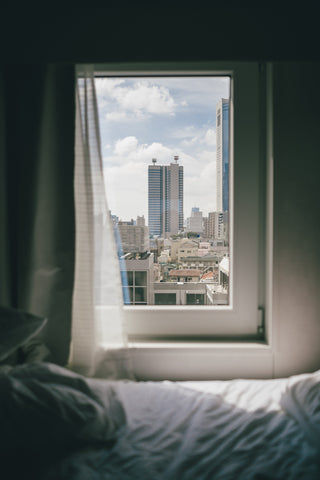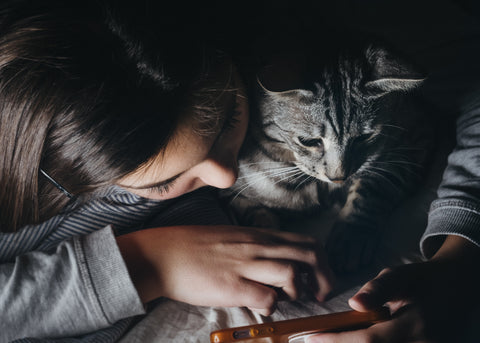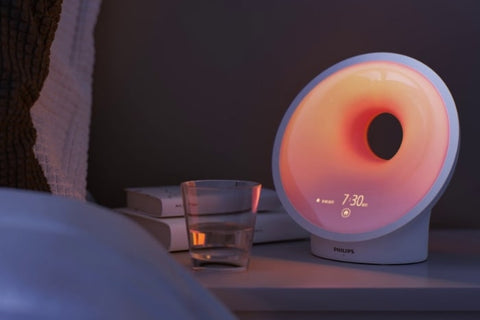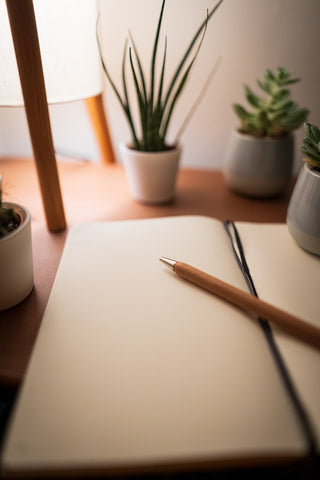
How to Turn Yourself Into a Morning Person
 We’ve all heard the phrase “the early bird gets the worm”, but how does one actually become the early bird? Recent research attributes a person’s tendency to wake up early or late to over 300 genes that, when pooled, put you somewhere on the spectrum between the lark and the owl. This means that your inclination to morning or night has been decided and encoded from the generations of combinations made between your ancestors. All hope is not lost, however, if you are genetically predisposed to staying up and waking up late, it just might be a little more difficult to coax your body into an earlier circadian rhythm.
We’ve all heard the phrase “the early bird gets the worm”, but how does one actually become the early bird? Recent research attributes a person’s tendency to wake up early or late to over 300 genes that, when pooled, put you somewhere on the spectrum between the lark and the owl. This means that your inclination to morning or night has been decided and encoded from the generations of combinations made between your ancestors. All hope is not lost, however, if you are genetically predisposed to staying up and waking up late, it just might be a little more difficult to coax your body into an earlier circadian rhythm.
Taking Care of Your Sleep Hygiene
It goes without saying that a good morning routine begins the evening prior. Sleep hygiene has to do with all your activities before tucking in, and that includes eating! A full stomach makes it hard to fall asleep and it affects the quality of sleep as well, so a good rule of thumb is to avoid having full meals in the 2-3 hours before bed. Hard-to-digest snacks like chips and candy too close to bedtime can lead to indigestion and poor sleep quality too, so easier-to-digest options like an apple with peanut butter or carrots with hummus make good alternatives!

A more commonly lauded sleep hygiene tip is to limit screen time in the hours before bed. This is because the blue-light that devices emit can suppress or delay the release of melatonin, which regulates your sleep-wake cycle. Solutions include blue-light blocking lenses for glasses (which can alleviate eye strain as well) or simply putting away devices and swapping them out for alternative entertainment, like reading!
Let Technology Help, Not Hinder
However, this does not mean that devices are the enemy in the battle for sleep! Advances have made it possible for technology to better inform us about our sleeping patterns and help us in making the necessary changes for more productive days. Smart alarms today can use sensors to monitor the depth of your sleep overnight and determine the best time to wake you up within your preset period. It may wake you before your usual alarm, but it does so at a lighter period of sleep to stave off grogginess. Other smart alarms include those embedded in fitness trackers or watches that gently wake you by physical stimulation (also a good option if you have a partner or roommate with a different wake-up time), or alarms that require completing a puzzle before it turns off. The ultimate alarm tip would be to place it on the other side of the room so that you must physically get out of bed in order to turn it off.

Another ‘smart’ system you may not have considered is the smart home. If your wake-up call falls before sunrise or your room tends to be dark, there now exist smart lamps that can gradually brighten at a set time to emulate the sunrise, or even smart curtains that can open on a schedule. Perhaps you even have a smart kettle that can be hooked up to start when your alarm sounds, so that you know a fresh cup of coffee or tea is just one pour away once you’re out of bed!
Work It Out

A good workout in the day is associated with increased deep sleep at night. However, it is generally agreed upon that vigorous exercise too close to bedtime can be disruptive to your sleeping pattern. Morning cardio can give you a good boost of energy for going about your day that drops by nightfall to knock you out as soon as you climb into bed. Strength training does not have the same effect as cardio would on your sleeping blood pressure, so can be done later in the day with little effect. This can be subjective, though, so it’s important to listen to your body and know how it reacts to different workout times!
Night Time System
 Having something to look forward to always makes it so much easier to escape the warm fluffy sheets. Whether that be a nourishing breakfast, a walk and bonding time with your dog or a workout session scheduled, it helps not to associate the morning with dreaded tasks but what they represent for you or the goals that they are helping you to achieve. This brings us back to the end of the day, as preparing a to-do list, meal plan or even an outfit the night before makes it easier to visualise clear goals and fend off decision fatigue from tripping you up right in the morning. Incorporate this into your bedtime routine: brushing your teeth, turning down the lights, switching on a diffuser—whatever makes going to bed an enjoyable part of your day to be anticipated as much as the next morning.
Having something to look forward to always makes it so much easier to escape the warm fluffy sheets. Whether that be a nourishing breakfast, a walk and bonding time with your dog or a workout session scheduled, it helps not to associate the morning with dreaded tasks but what they represent for you or the goals that they are helping you to achieve. This brings us back to the end of the day, as preparing a to-do list, meal plan or even an outfit the night before makes it easier to visualise clear goals and fend off decision fatigue from tripping you up right in the morning. Incorporate this into your bedtime routine: brushing your teeth, turning down the lights, switching on a diffuser—whatever makes going to bed an enjoyable part of your day to be anticipated as much as the next morning.
Title photo by Sylvie Tittel on Unsplash

